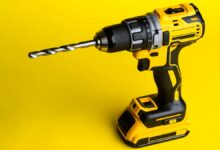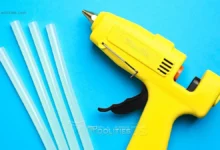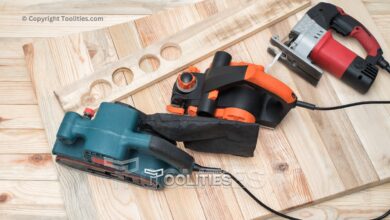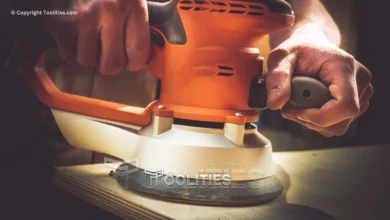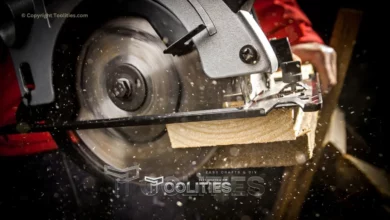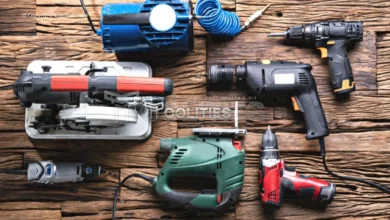Cordless or Corded Power Tools: Which One is Right for You?
Power tools have revolutionized the way we do DIY and professional projects. From drilling holes to sanding wood, power tools make work easier, faster, and more efficient. However, choosing the right type of power tool can be a daunting task, especially when it comes to deciding between cordless or corded power tools.
Both types of power tools have their advantages and disadvantages, and it is essential to consider these factors before making a purchase. In this blog post, we will delve deeper into the differences between cordless and corded power tools to help you make the right decision.
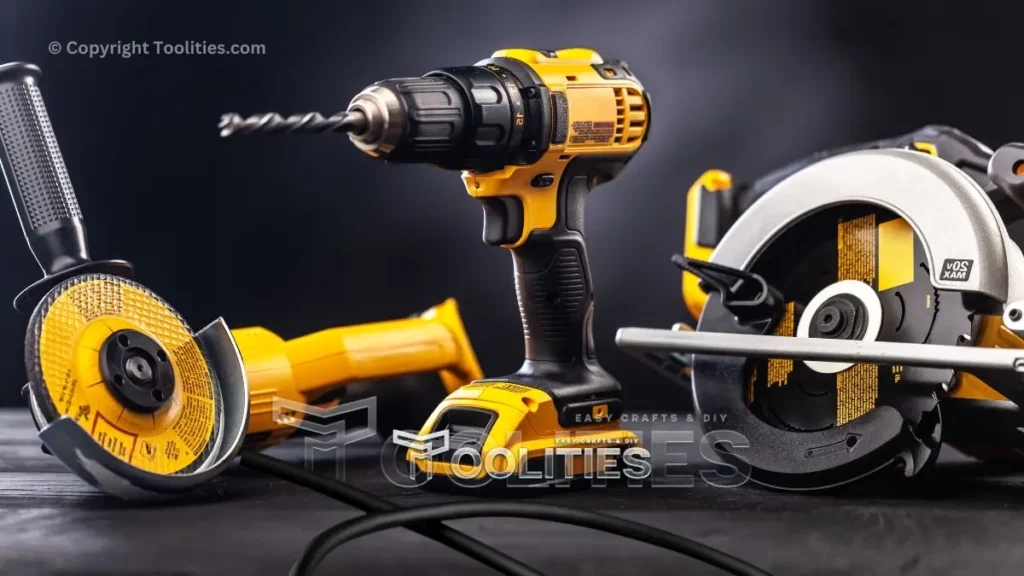
Table of Contents
Cordless Power Tools
Cordless power tools are battery-operated, which makes them portable and convenient. They are ideal for working in areas without access to an electrical outlet or for jobs that require you to move around frequently. Cordless power tools come in a variety of sizes and types, from drills and saws to sanders and grinders.
Advantages of Cordless Power Tools
Portability:
Cordless power tools are easy to carry around, making them ideal for jobs that require you to move around frequently. You can take them anywhere, whether it is a remote job site or your backyard.
Convenience:
Since they do not require an electrical outlet, you can use cordless power tools anywhere, making them perfect for outdoor projects. You won't have to worry about finding an electrical outlet or carrying around an extension cord.
Safety:
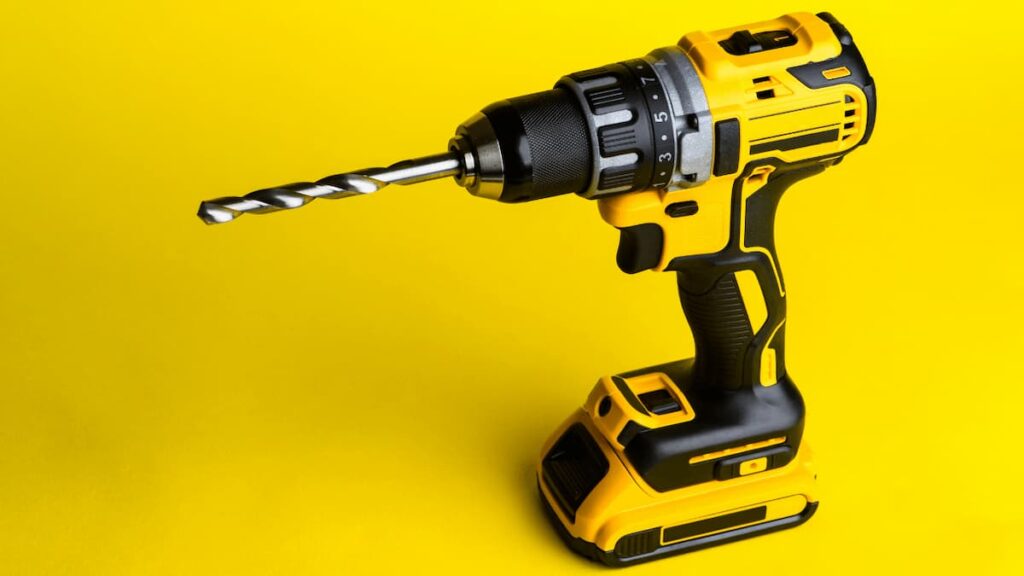
Cordless power tools do not have cords that can get tangled, which reduces the risk of accidents. You won't have to worry about tripping over cords or accidentally cutting them with your power tool.
Versatility:
Cordless power tools come in a variety of sizes and types, making them suitable for a wide range of Bricolaje and professional projects. From drilling holes to driving screws, cordless power tools can handle it all.
Disadvantages of Cordless Power Tools
Battery Life:
Cordless power tools have a limited battery life, which means you may have to stop working to recharge the battery. If you have a lot of work to do, it can be frustrating to have to stop and wait for the battery to charge. However, some cordless power tools come with two batteries, which means you can keep working while one battery charges.
Power Output:
Cordless power tools are not as powerful as corded power tools, which may limit their use for some heavy-duty projects. If you need a power tool for heavy-duty projects, a corded power tool may be a better option.
Cost:
Cordless power tools are generally more expensive than corded power tools due to the cost of the battery and charger. If you are on a tight budget, a corded power tool may be a more cost-effective option.
Corded Power Tools
Corded power tools are powered by electricity, which means they need to be connected to an electrical outlet. They are ideal for heavy-duty projects that require a lot of power and constant use. Corded power tools come in a wide range of sizes and types, from drills and saws to sanders and grinders.
Advantages of Corded Power Tools
Power:
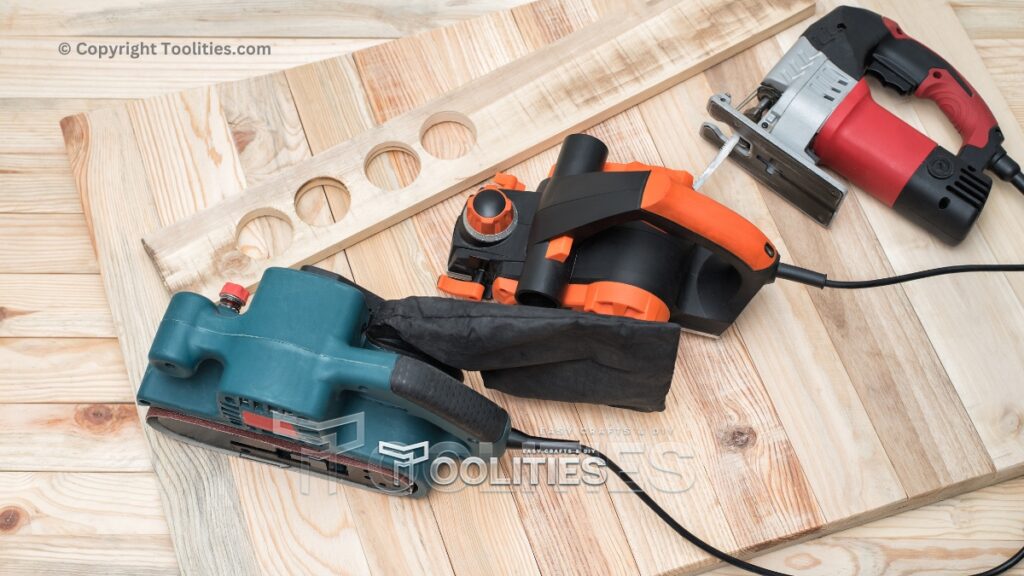
Corded power tools are more powerful than cordless power tools, making them ideal for heavy-duty projects. They can handle tough jobs without slowing down or losing power.
Consistency:
Corded power tools provide a consistent level of power, which means you can work for longer periods without worrying about the battery running out. You won't have to stop and recharge the battery, which can save you time and frustration.
Cost:
Corded power tools are generally less expensive than cordless power tools, making them a more cost-effective option. If you need a power tool for heavy-duty projects but are on a tight budget, a corded power tool may be the best option.
Disadvantages of Corded Power Tools
Limited Mobility:
Corded power tools need to be connected to an electrical outlet, limiting their mobility and making them less convenient to use. You won't be able to move them around as easily as cordless power tools. However, some corded power tools come with long cords, which can provide more mobility.
Safety:
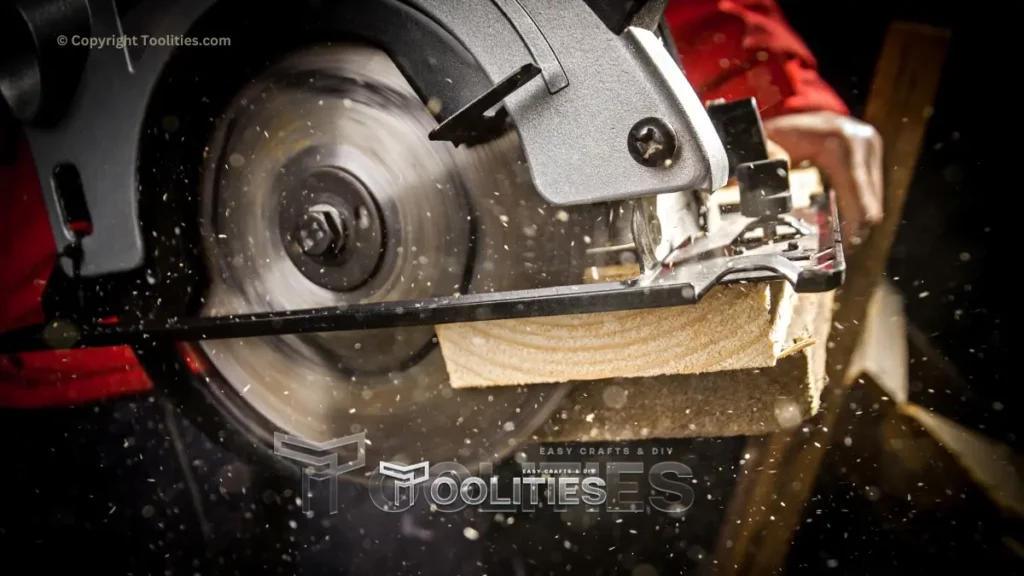
Cords can pose a tripping hazard, and they can also become tangled, increasing the risk of accidents. You will need to be careful when using corded power tools to avoid tripping over cords or accidentally cutting them with your power tool.
Maintenance :
Corded power tools require more maintenance than cordless power tools, which can be time-consuming and costly. You will need to keep the cords and electrical components clean and in good condition to ensure that your power tool functions properly.
Cordless or Corded Power Tools: Which one is Right for You?
Choosing the right power tool depends on the type of project you are working on and your personal preferences. If you need a power tool for heavy-duty projects that require a lot of power and constant use, then a corded power tool is the best option. On the other hand, if you need a power tool that is portable and convenient, then a cordless power tool is the way to go.
If you are still unsure which power tool to choose, consider the following factors:
Type of Project:
Consider the type of project you are working on, and whether it requires a lot of power or mobility. If you are working on a project that requires you to move around frequently or work in an area without access to an electrical outlet, a cordless power tool may be the best option. However, if you are working on a heavy-duty project that requires a lot of power, a corded power tool may be a better option.
Frequency of Use:
If you plan to use the power tool frequently, then a corded power tool may be a better option as you won't have to worry about the battery running out. If you only plan to use the power tool occasionally, a cordless power tool may be a more convenient option.
Budget:
Cordless power tools are generally more expensive than corded power tools, so consider your budget before making a purchase. If you are on a tight budget, a corded power tool may be a more cost-effective option.
Recap
Choosing between cordless and corded power tools can be a difficult decision. Both types of power tools have their advantages and disadvantages, and it is essential to consider these factors before making a purchase. In the end, the right power tool depends on your personal preferences and the type of project you are working on.
In conclusion, power tools are essential for any DIY enthusiast or professional contractor. Choosing the right power tool can be a daunting task, but by considering the factors mentioned in this blog post, you can make an informed decision.
Whether you choose a cordless or corded power tool, always follow safety guidelines, learn how to use them correctly, and maintain them properly to ensure that you get the best results and avoid accidents. Happy DIYing!

